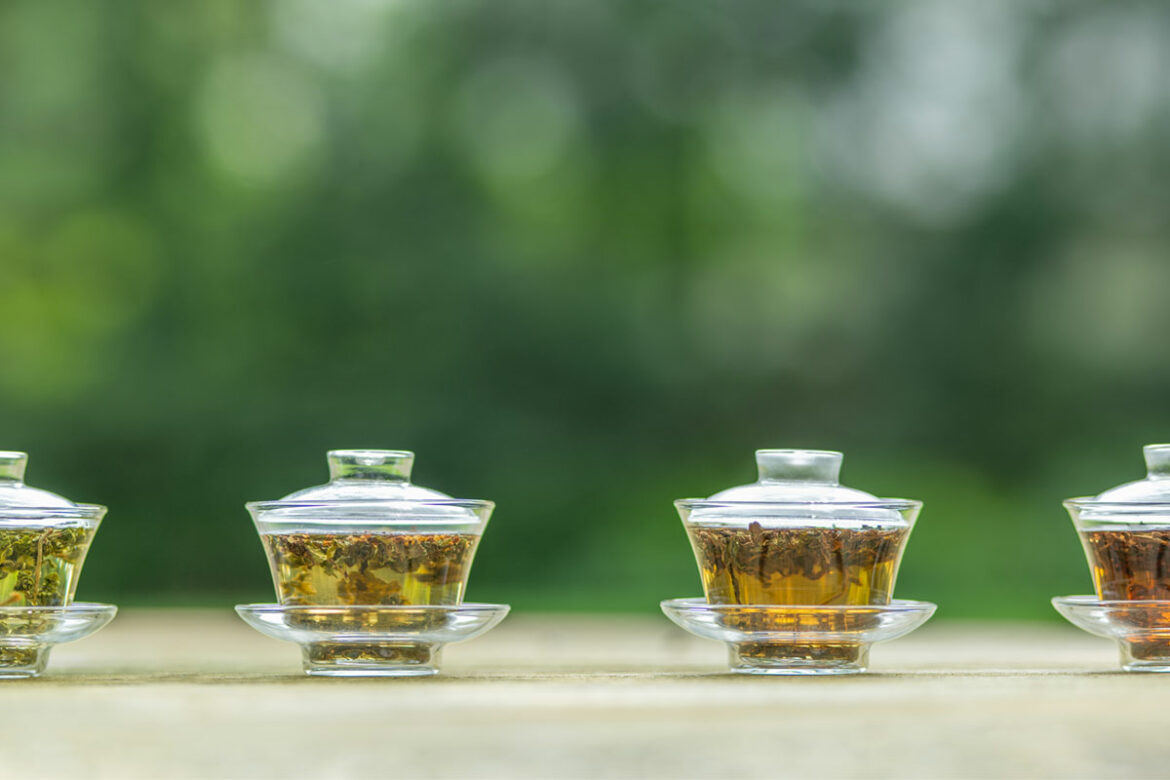Specialty food used to mean wheatgrass shots, bulk beans, high-fiber crackers, and other poorly packaged, subsistence-over-flavor snacks. Today, specialty food drives menus at the best restaurants and new product lines at even the largest grocery chains. An increasing number of people have diets requiring it, from keto, to vegan, dairy-free, low-sodium, nut-free, with ever-more complex requirements cropping up as our understanding of health and wellness evolves.
In 2013, the sale of specialty foods totaled around $88 billion annually. But by 2024, that number increased 149% to $207 billion, according to the Specialty Food Association. Even eaters who don’t have allergies or individualized meal plans are increasingly invested in ingredient transparency. Broadly speaking, eaters want more global flavors, functional ingredients, and low-prep meals. Curious eaters have never lived in a more delicious and abundant era.
In New York State, especially the Hudson Valley, we are blessed with a profusion of new and established specialty producers serving up diverse products, often influenced by their own heritage or life experiences.
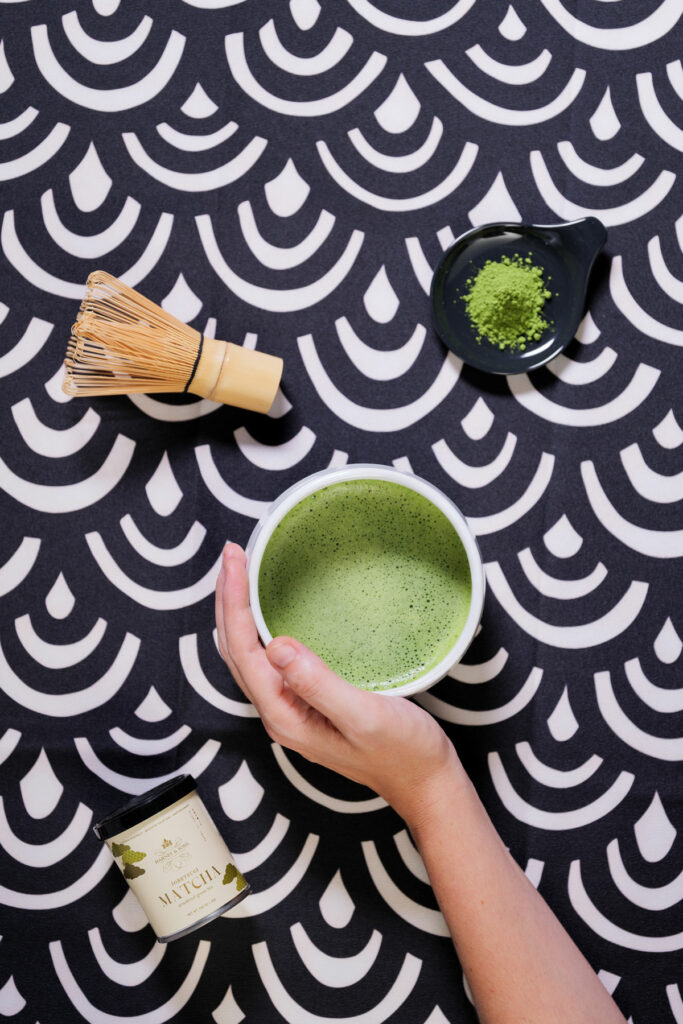
HARNEY & SONS FINE TEAS
EMBRACING MODERN OPPORTUNITIES
Harney & Sons Fine Teas was founded in 1983 by John Harney (1930–2014). As proprietor of the White Hart Inn in Salisbury, Harney developed a serious tea habit, and began experimenting with different blends in his basement. When he felt he’d achieved a certain level of mastery, he began serving his blends to inn guests, many of whom then requested more.
The scale-up was gradual, but steady, and soon, his basement operation had a vast headquarters in Millerton, with a warehouse footprint of 90,000 square feet, plus a manufacturing plant in Hudson. The company also went from selling six tea blends out of a basement to providing dozens of blends to the world’s best specialty stores, restaurants, and hotels.
Today, Harney & Sons remains family owned and operated, and the family is still traveling the world in search of premium ingredients for their 300+ tea blends packed in unique and collectible tins, educating the world on the history of tea and collaborating with a range of brands and organizations, from Ralph Lauren to Target.
But Harney & Sons is keenly aware that tea may not be the only drink of interest to discerning beverage enthusiasts. In 2018, Harney & Sons was one of the first major brands to launch a hemp line, offering a range of hemp- and CBD-infused teas, shots, honeys, and gummies.
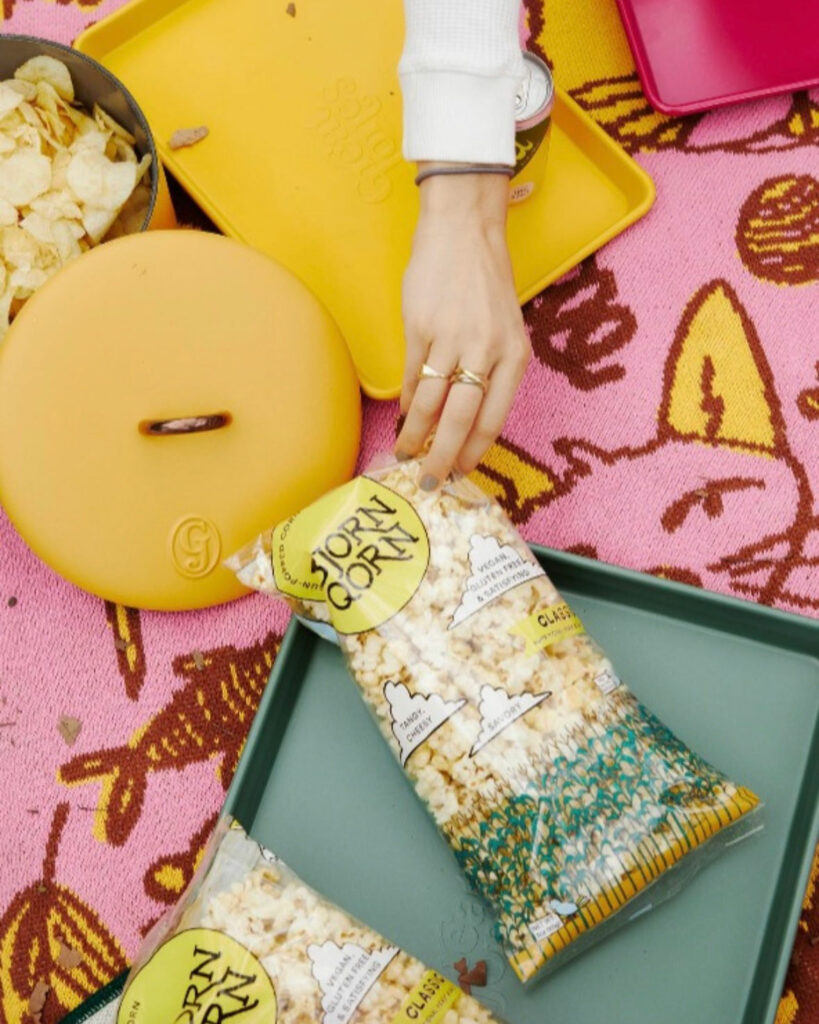
BJORNQORN
HARVESTING THE SUN
Tough to spell, harder to put down, BjornQorn may be the best popcorn you can find in a bag. It’s almost inarguably the best solar-popped nutritional-yeast-sprinkled naturally gluten-free, vegan and non-GMO popcorn on the market.
Founders Bjorn and Jamie met at Bard College, where Bjorn—a Minnesota corn farmer’s son—became campus-famous for his tasty popcorn, and Jamie was celebrated for his innovative inventions. The two put their heads together and came up with a way to pop Bjorn’s popcorn with Jamie’s solar-powered kettles. (They now have a solar-electric popcorn making facility that is allergy free.)
BjornQorn is widely available in stores, but why buy it there when you can hit the Accord skate park they recently purchased (Skate Time) that doubles as a popcorn factory? The family-friendly roller-skating rink also serves up giant bags of BjornQorn, plus fries, pretzel bites, pizza, pickles, and other craveable snacks.

ITHACA HUMMUS
GIVING BACK TO THE COMMUNITY
Ithaca Hummus was launched in 2013 by Chris Kirby when he was a student at Cornell University. Kirby debuted Ithaca’s O.G. flavor, Lemon Garlic, at the Ithaca Farmers Market, a sprawling collection of farmers, chefs, and creators that is one of the top five farmers’ markets in the entire country in terms of attendance. Kirby handmade every batch, often hand-squeezing lemons himself. The hummus quickly garnered a cult following, and Kirby expanded both his line and his footprint.
While Ithaca Hummus’ 12 flavors—including Jalapeño Lime and French Onion—and their line of salsas are now sold in 10,000+ stores like Whole Foods and Wegmans, Kirby’s dedication to pre-serving the freshest and most flavorful dips, without preservatives or unpronounceable ingredients, remains steadfast. Kirby also gives back. For every unit of the Everything Bagel flavor sold, 5 cents is donated to community-based nonprofits.
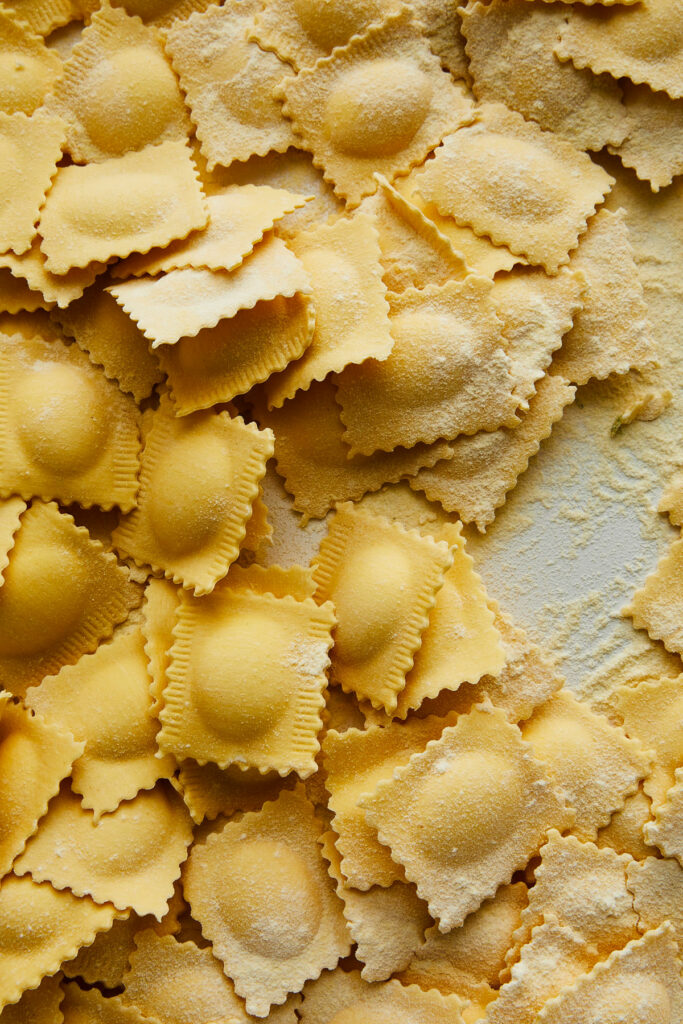
VIA RAVIOLI
FRESH AND SAUCY
Classic pasta shops are hard to come by outside of Italy, which is part of the reason wife-and-husband duo Kate Galassi and Steve Gonzalez opened Via Ravioli in Coxsackie. The pair make fresh ravioli every day, from scratch. Mixed, rolled, filled, frilled. Then cut up and boxed, so home cooks can create seasonally inspired scratch-made classic Italian ravioli with modern flair—from four cheese, to cacio e pepe, to specials like braised beef with ricotta gnocchi. The pair know pasta, having co-founded organic dry pasta brand Sfoglini, but this is their first spin on freshly made pasta. Via Ravioli also sells fresh egg noodles, fresh vegan pastas, lasagnas, sauces, antipasti, and dried pastas.
Anything that isn’t sold day-of gets stored in the freezer. But if you see a lobster ravioli, get it while the getting’s good—it almost always sells out. Via Ravioli also pops up at farmers’ markets across New York, with meatballs and tiramisu in tow, along with ravioli.

CHOBANI
BUILDING A FUTURE IN NEW YORK
The success of Chobani—and, more importantly, its founder—embodies the American Dream. Hamdi Ulukaya was born in eastern Turkey to a family of small scale dairy farmers. After coming to the U.S. in 1994 and working as a small-scale cheesemaker, Ulukaya discovered that an abandoned Kraft dairy plant in South Edmeston was on the market in Upstate New York.
Ulukaya purchased that factory in 2005, determined to create creamier, less sugary yogurts than were typically found in the U.S. In 2007, he officially launched Chobani, which now holds 22.7% of the U.S. yogurt market, and is valued at approximately $2.5 billion. The core product line is still the triple-strained creamy Greek-style yogurt made with locally sourced milk, but there are also multiple high-protein, low- and zero-sugar, and “flip” style stir-in offshoots.
Ulukaya has, in many ways, stayed rooted to his ideals as an immigrant entrepreneur. In 2024, he announced plans to open Chobani House in New York’s NoHo neighborhood, where the company headquarters will be, along with a community kitchen preparing food for those in need, and a center designed to advance solutions to eradicate food hunger. Lofty goals but, if Ulukaya’s past successes are any indication, achievable ones.
Perhaps Chobani’s most ambitious project yet is its planned facility it is unveiling upstate in Rome. Chobani has broken ground on a $1.2 billion new plant there. It is designed for the future, and is set to create more than 1,000 new jobs. When news of the factory broke, Ulukaya recognized the circular moment.
“New York is where Chobani’s journey began. It was the perfect spot to start Chobani 20 years ago, and it’s the perfect place to continue our story. We ignited a movement toward better food made with heart, passion, and only the highest-quality ingredients,” he said. “When you invest in people, in local communities, you’re not just building a business—you’re building a future.”
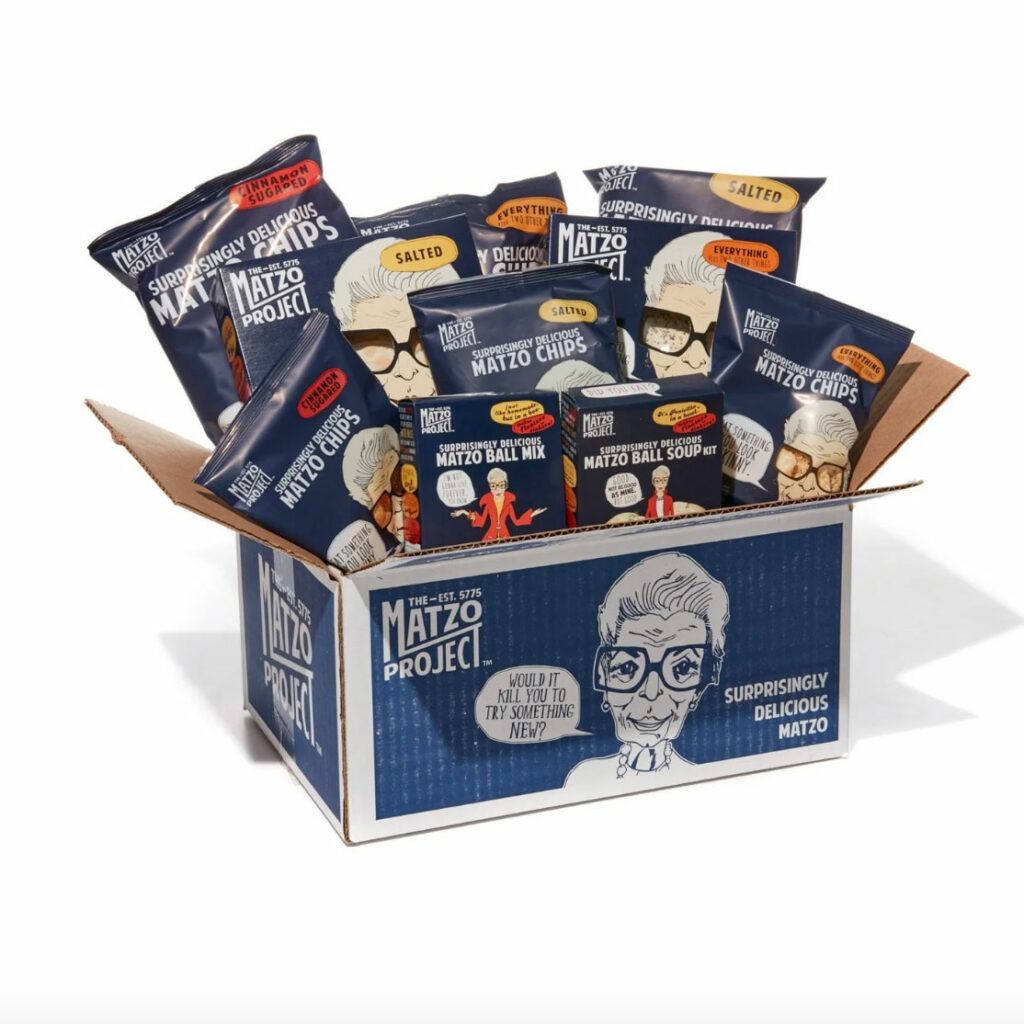
THE MATZO PROJECT
REINVENTING THE CLASSIC CRACKER
Brooklynites Ashley Albert and Kevin Rodriguez launched The Matzo Project in 2014, with the goal of turning a ho-hum Passover staple (the unleavened bread is traditionally eaten during the Jewish holiday of Passover to commemorate the fleeing of the Israelites from Egypt) into a delicious, versatile line of unleavened breads that could be (genuinely) enjoyed year-round. Boychick, did these summer camp pals deliver.
Goodbye flavorless flatbread, hello snappy snacks, from salted flats and flavored (get the Cinnamon Sugared) chips to matzo ball soup kits. And yes, they’re kosher! (In addition to being vegan, nut-free, dairy-free, and all natural.)
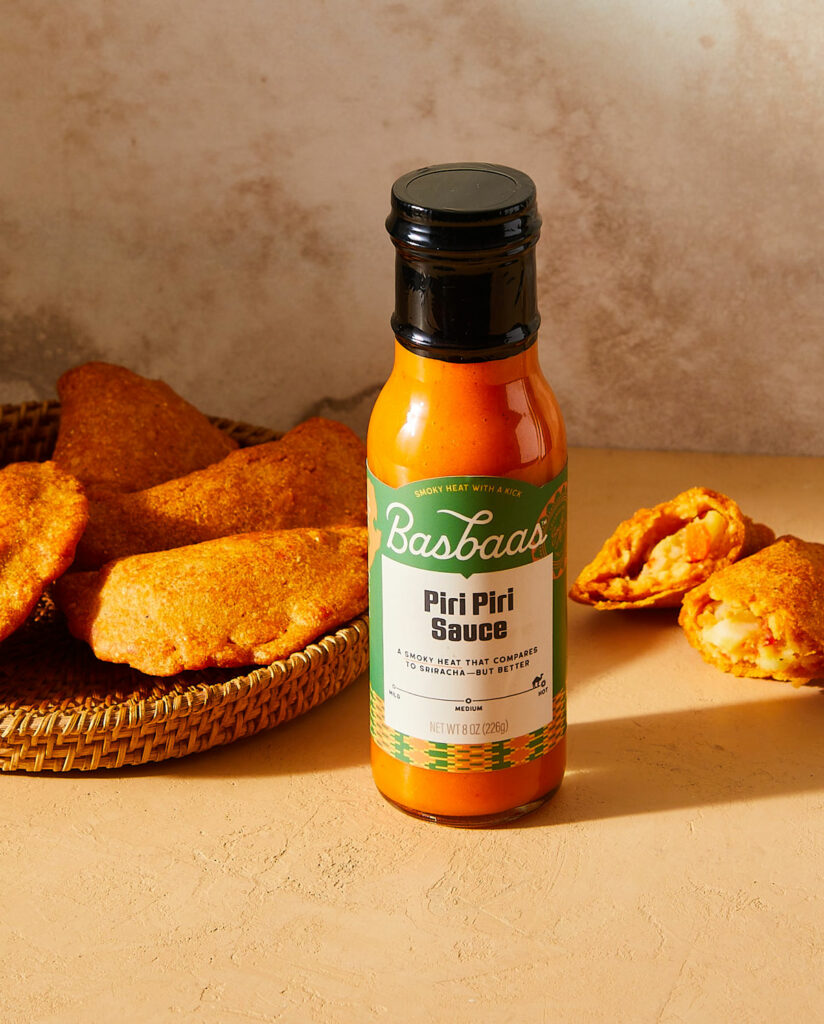
BASBAAS FOODS
A TASTE OF SOMALIA IN THE EMPIRE STATE
We all know what it’s like to be away from home and crave the flavors you find there. When you’re really far from home, as Hawa Hassan was when she started hankering for Somalian sauces, sometimes you have to get creative. Hassan was born during Somalia’s civil war and eventually landed in a U.N. refugee camp in Kenya before moving to Seattle as a child, without her mother.
Hassan found comfort during their separation (which lasted 15 years) by making Canjeero, Bariis, and Suugo recipes her mother cooked for her. When they reunited, they bonded over their shared love of traditional African cooking.
In 2015, Hassan launched Basbaas Foods, a line of hot sauces and chutneys that are locally sourced and vegan but inspired by the flavors of Somalia: cardamom, chilis (aka basbaas), tamarind, dates, coconut, ginger, cinnamon, and cilantro. From mild to smoking hot, Basbaas has earned a passionate following, and major grocery store distribution. In the process, Hassan has snagged a James Beard Award and a book deal.
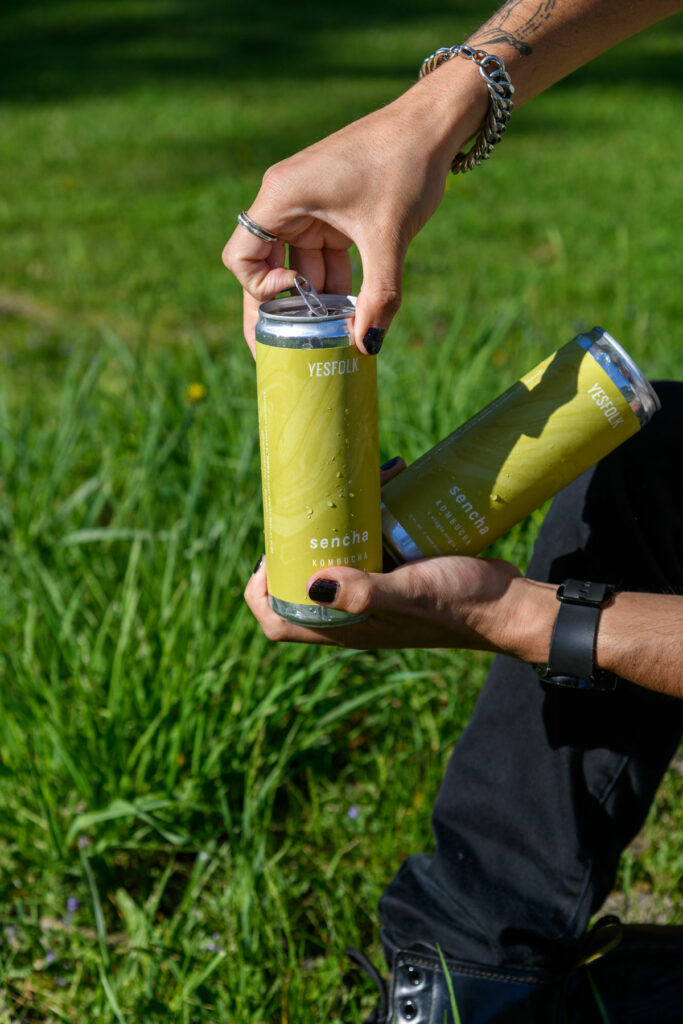
YESFOLK TONICS
FERMENTING HEALTHY FUN
Take a background in herbalism and a passion for local ingredients, throw in a dash of Mexico and Egypt, and you’ve got a freshly fermented batch of Yesfolk Tonics. Married founders Yiyi Mendoza and Adam Elabd are both trained herbalists who have been cooking up functional beverages together influenced by their Mexican and Egyptian ancestry since 2012.
That’s all tasty, but Yesfolk’s commitment to using healing and ceremonial plants like calendula and yaupon in their functional tonics, teas, vinegars, and kombuchas means these drinks go well beyond your typical probiotic sipper. The kombucha is brewed with organic ingredients in oak barrels, and the result is delicate, soft, balanced, reminiscent of teas, strolls through wildflowers, and tart-tangy ginger beer. For a full dose of Yesfolk flavor, visit the tasting room in Troy. Or (if you must) grab it on Instacart.


